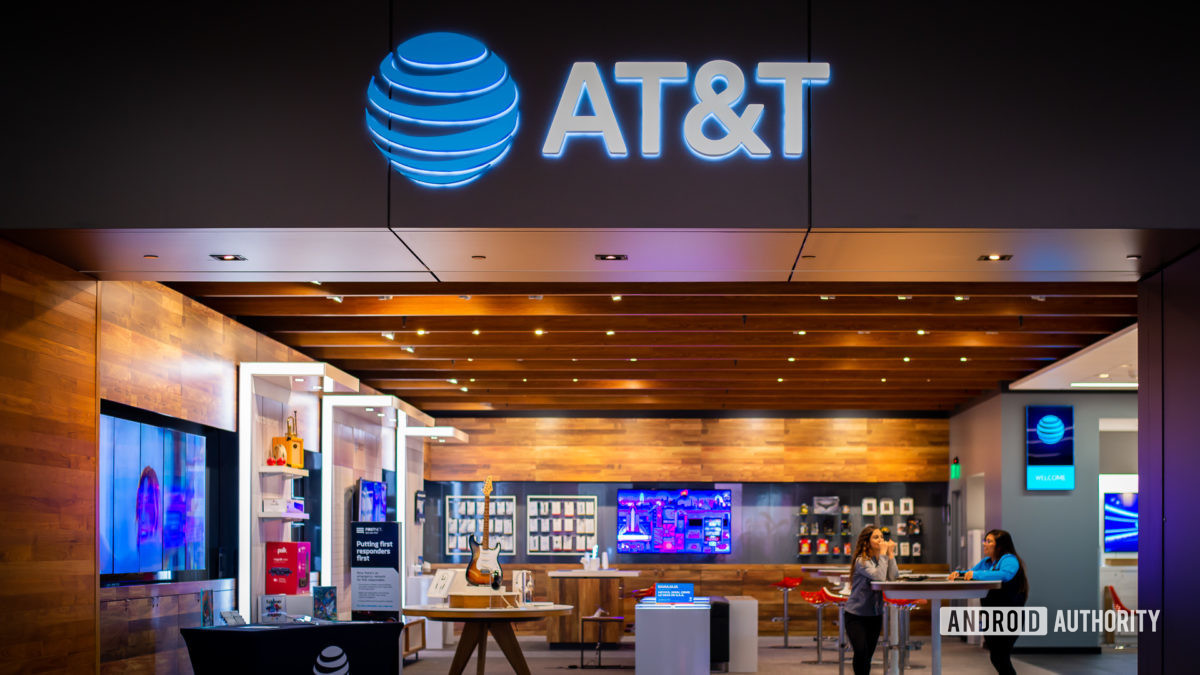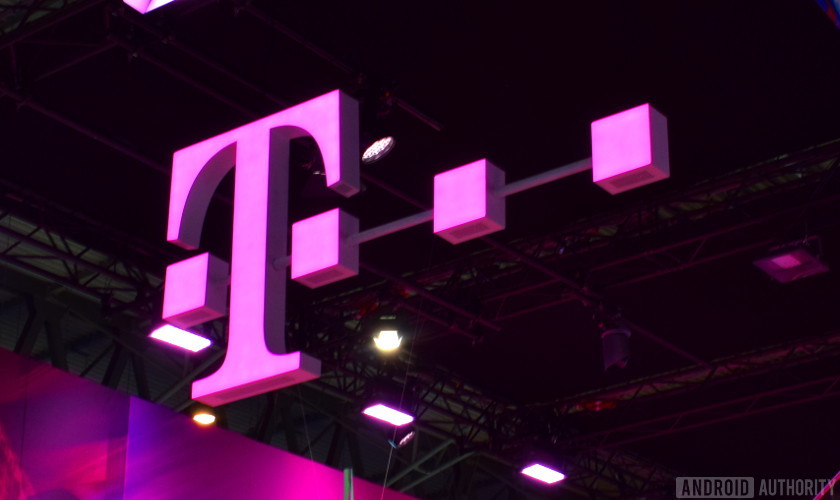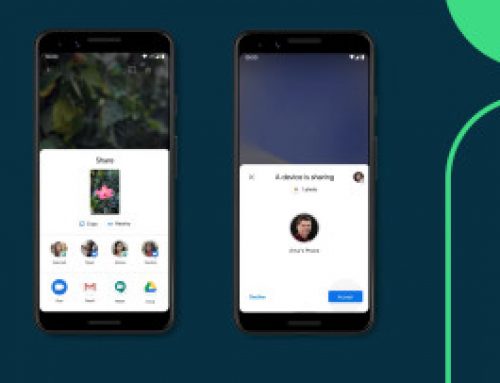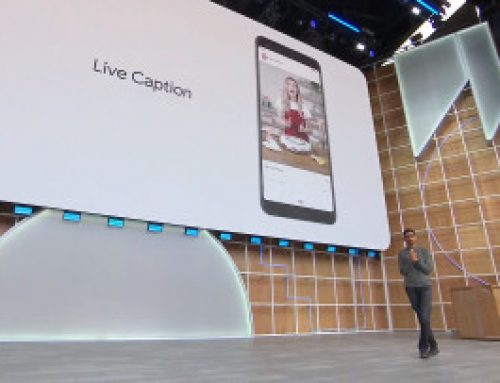![]()
While the media and Google’s PR machine have been positively praising and pushing the Pixel family so far, the Pixel and Pixel XL aren’t without criticism by any means. One of the biggest issues that long-time Google and Nexus fans seem to have with the phone is its price relative to its feature set.
In many ways the Pixel and Pixel XL seem more like a simple rebranding of the Nexus family, with a higher price tag. Is this a fair assessment? And if it’s not just a more expensive Nexus, what about its design, features, and philosophy set it apart from the Google phones of old? It’s a good question, but obviously a largely subjective topic.
While not everyone is going to have the same opinion, in this feature I’ll discuss my overall thoughts on the Pixel XL and whether or not it’s a true jump from the Nexus or just a money/attention grab.
![]() See also: Google Pixel XL initial review: first 48 hours171
See also: Google Pixel XL initial review: first 48 hours171
The Nexus family’s philosophy

As an owner of pretty much every recent Nexus starting with the Nexus 4, and with exception of the 5X, I think it’s fair to say I have a reasonably good grasp of what the Nexus line was and wasn’t.
Originally the Nexus line was largely released with the philosophy that it was a handset made for developers and hardcore Google enthusiasts that wanted the purest, most optimized Google experience possible. Over the years it was also the playground for experimentation, being the device that launched new versions of stock Android, as well as a phone that would adapt new strategies for the company like no expandable memory, no physical buttons, etc.
Beginning with the Nexus 4, and excluding the Nexus 6, the Nexus line would continue this same general approach while also evolving into a line that would challenge assumptions consumers had about “lower priced” handsets, offering reasonably high-end specs while still being highly affordable.
The Nexus 6P and Nexus 5X were arguably the most perfect Nexus phones ever released.Yet, like every Nexus before it, they were also relatively unknown outside of techie circles.
By the arrival of the Nexus 6P and Nexus 5X, the on-paper philosophy and strategy remained the same, but it’s fair to say that the overall strategy was beginning to shift. Google introduced the idea of offering two phone sizes, and brought its most solid specs to date while fixing common Nexus problems (battery, camera, etc).
The Nexus 6P and Nexus 5X were arguably the most perfect Nexus phones ever released. And yet they were still largely developer and techie focused. They were also still relatively affordable. But, like every Nexus before it, they were also relatively unknown outside of techie circles.
The Pixel XL’s philosophy, and how the phone stands apart from the Nexus line
![]()
So if that’s what a Nexus is about, what’s different with the Pixel? On the surface, the Pixel and Pixel XL carry over some of the same tenets as the last-generation Nexus line: high specs, solid builds, great cameras, and even better batteries. They also have the newest version of Android, Nougat 7.1. Where things start to shift is largely in marketing philosophy — and obviously the price, which we’ll talk about a bit more later.
While Nexus commercials certainly existed, I can’t say I remember ever seeing them to the degree that I have with the Pixel. Live TV, Hulu, online advertisements… the Pixel is everywhere. The same situation can be found in Verizon stores. I’ve gone by two different locations and chatted up with their staff to see how the reception has been for the Pixel so far. A lot of people have been asking about it, according to more than one staffer. More than asking about it, consumers are buying it.
Unlike the Nexus line, the Pixel and Pixel XL are primarily targeted towards everyday users
One of the people I talked to worked with Verizon long enough to remember previous Nexus phones that happened to make their way to the carrier and she claimed the same level of interest simply wasn’t there. That’s anecdotal obviously, but if you ask the average non-tech-loving Joe what a Nexus is — you’ll probably get a blank stare.
In short, the Pixel and Pixel XL are primarily targeted towards everyday users. This change in marketing can be further seen in the existence of the “Support” system that is built into the Settings menu, allowing you to phone or chat Google for help if you run into any problems with your device.
Okay, so the Pixel XL isn’t aimed at hardcore enthusiasts to the same degree that the Nexus was before it. Is there any other major changes that set it apart?
In many ways, no, it feels a lot like a Nexus. That said, the Pixel and Pixel XL really aren’t stock Android. Despite the fact that many are referring to the Pixel experience as “Pure Android”, it’s more like a “Pure Google-driven experience”. This can be seen in the fact that there are a number of extras like the Pixel launcher and integrated Google Assistant that, at least for now, seemingly are exclusive to Google’s own (non-Nexus) phones. In this way, the software present with the Pixel XL is more akin to the Moto family, stock-like, than “pure Android”.
Is this change enough to ask such a premium?
![]()
That’s the most interesting question– is it worth the cost? While this obviously my opinion, I feel that there are real changes that make the Pixel worthy of a new name in order to showcase the new software and marketing strategy, but I’m less certain about the pricing.
While the Pixel software is essentially “skinned Android”, the number of add-ons aren’t anywhere at the same level as something like the LG V20 or Samsung Galaxy S7 Edge. So I can see how some might feel you aren’t getting enough extras to justify the cost.
After using the Pixel XL for nearly a week, however, I can tell you that the software here feels more optimized and fluid than not only my S7 Edge, but also my Nexus 6P. Sure, some of that is down to amazing specs, but it’s pretty obvious Google worked hard to optimize the software for its phone at a level that arguably rivals what we’ve seen with Apple’s hardware/software integration. Similarly, while the metal on the Pixel is a bit more dent/scratch prone than I’d like, it has a solid feel and look to it that turns heads in a way my Nexus 6P simply didn’t.
Pricing the Pixel lower than the high-end Galaxy and iPhone lines would have led to a perception problem
At the end of the day, I personally think the Pixel and Pixel XL aren’t probably massive enough leaps forward in design, specs, or even software to justify such a high price when compared to the Nexus. But then again, there are things that we as end-users aren’t considering such as increased costs of higher marketing, as well as increased costs of improved support (chat/phone, etc). There’s also the fact that pricing the Pixel lower than the high-end Galaxy and iPhone lines would have led to a perception problem.
Fickle as people can be, you can take two products with the same specs, design, everything. Yet the one priced high will be perceived as a premium, higher-end offering, while the other is a “budget” item and therefore not worthy of the same adoration, or capable of holding the position of being a status symbol.
Bottom-line, sure, after years of great Nexus phones, it’s hard to swallow the Pixel and Pixel XL’s pricing, especially when the two lines are so very similar in many key ways. That said, we need to remember that in order for Google to get its phones recognized by those outside of the hardcore techie community, it needs to make some changes to marketing and perception. For better or worse, the Pixel and Pixel XL so far seem to be doing this reasonably well. As a result of Google’s change in direction, the Pixel and Pixel XL may not appeal to all of those in the Nexus community, especially those lured by the lower pricing structure, but it doesn’t necessarily make the Pixel line a bad move. Only time will tell for sure.
Thus concludes my thoughts on what the Nexus family was, what the Pixel is, and why they are priced so very different. What are your thoughts? Do you feel that Google overpriced these, or do you think that their new consumer-focused strategy (that also costs more to market) makes the uptick in pricing understandable? Let us know your thoughts down in the comments.





Leave A Comment